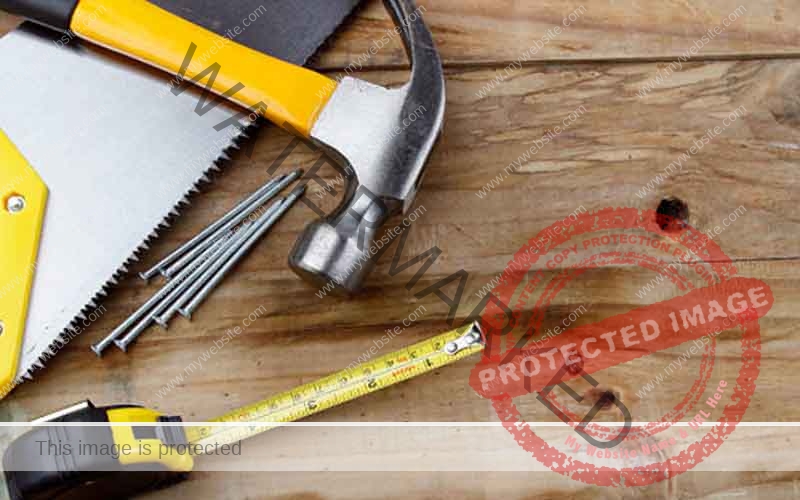
Renovations
January 13, 2023
Plastering
July 14, 2023
Plumbing
Plumbers are trained professionals who are responsible for the installation of safe and efficient plumbing systems. From heating to sanitation, a plumber’s knowledge is essential and useful to our society.
A plumber needs to learn about the importance of safety practices, identify unsafe conditions, steps to perform fit checks on the items or appliances installed. Basic tool safety practices, use of hand and power tools, selecting proper plumbing tools, tools used for measuring, leveling, cutting, drilling, assembling and how to use all plumbing tools are part of learning process.
For the use of plumbing pipes and fittings, there is a choice of cast iron, carbon steel, copper pipes, stainless steel pipes, etc. The difference between the different materials, its uses, advantages & disadvantages, suitability, durability and costs.
While there are many individual components in a plumbing system, there are three primary systems such as water supply, water heating and drainage. Normally, it is recommended to engage either a handyman, trained professional to fix your plumbing issues. With their extensive practical training and experiences, they can handle a multitude of plumbing issues which could save you valuable time and frustrations.




